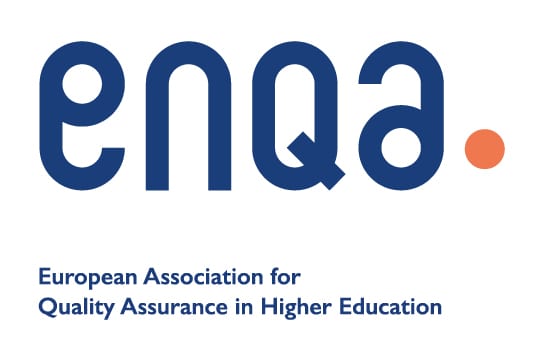Fatoumata Keita
Forum Replies Created
-
AuthorPosts
-
January 21, 2024 at 12:00 pm #816
In response to the question “How can we further promote life-long learning in Africa?”, I think that the CESA can give us some clues. The Continental Education Strategy for Africa recommends a paradigm shift as far as curriculum is concerned. Another way is to encourage self-learning and self-training. Most of the skills required in this 21st century are offered outside the classrooms. There is a wide range of self-placed courses, both synchronous and asynchronous, that learners can access sometime freely on digital platforms to empower themselves and get new skills. So promoting life long learning requires free MOOC courses and platforms for learners to acquire new skills, up-skill themselves and become more confident in this new world beset with complex issues that require transversal skills.
Finally, we can foster life long learning by improving connectivity in the continent. Many universities and schools in many African countries have lot of challenges regarding connectivity.January 14, 2024 at 3:36 pm #796Greetings dear colleagues,
Thanks so much for your thought-provoking comments. As far as Prof Olusola’s question about the demerits of the current approach to teaching and learning in Africa, I think that come from the fact the current approach does not enable learners to acquire what Prof Sanjayan T.S. calls the four C’s of the 21st century, namely: Communication, Collaboration, Creativity, and critical thinking. Many African countries face multidimensional crises that require transversal competences and skills, and the learners’ ability to collaborate, communicate, think critically and with creativity are necessary to solve some of those crises. Hence, it is not the learners’ competence in one single discipline that will be enough, but their ability to work from an interdisciplinary and transversal approach that will yield the greater benefit. Unfortunately, the current approach does not place an important emphasis on these aspects. Collaboration which is believed to be the future of higher education, be it at the individual level or institutional level, is also the missing link of current higher education system in many parts of the continent. However, in her memoir titled: Unbowed: One Woman’s Story (2006:119), Wangari Maathai writes: “A great river always begins somewhere. Often it starts as a tiny spring bubbling up from a crack in the soil. But for the stream to grow into a river, it must meet other tributaries and join them as it heads for a lake or the sea”. For the African HEIs to grow into a great river, it shall foster collaboration at all levels, between learners and teachers, between policy maker and HE actors, between institutions and between public/private sectors. Only in this way can we build a stronger, inclusive, harmonized and integrated higher education system in Africa.January 14, 2024 at 3:28 pm #795I totally agree with the presenters about the shift from passive reception of knowledge to active learning process and the introduction of technologically-driven pedagogy. I also agree with the fact that teachers should focus more on the motivation and needs of the learners. I would like to add that the new approach should also foster the motivation of the teachers, particularly in public HEIs which are underfunded and ill-equipped. One of the best ways to motivate teachers is to support research, equip universities with the new technological tools, train teachers to shift to digital classrooms, promote quality education and create a harmonious, merit-based environnement.
January 14, 2024 at 3:18 pm #794Regarding Prof Olusola’s first question, “what is the current approach to teaching and learning?”
From my side, the current approach is still based on the traditional classroom where teachers are still regarded to be the sole providers of knowledge and their presence is a must. That model does not encourage autonomous learning nor does it encourage self- discovery and critical thinking. There is little interaction between students and less collaboration between colleagues and with the private sector.
It is still mono-disciplinary based on the accumulation of credits and is less oriented toward competence and transversal skills building. Therefore, our graduates have less employment opportunities because of the mismatch between the taught curriculum and the competences and skills required in the job market. In addition, the current approach places teachers at the center of knowledge creation and sharing. Consequently, learners are not actively involved in the learning process and are not co-creators of knowledge. Our universities reflect the passive reception of knowledge molded on what Paulo Freire calls “the banking conception of education” which not only maintains the submersion of the learners’ consciousness, but it also stifles the learner’s creative power and reduces him to a mere recipient and consumer of knowledge. Consequently our current educational system does not foster critical thinking and creativity which are necessary to address the many challenges that beset our country and many African countries as well.
Fatoumata Keita, University of Arts and Human Sciences of Bamako
Participant -
AuthorPosts






